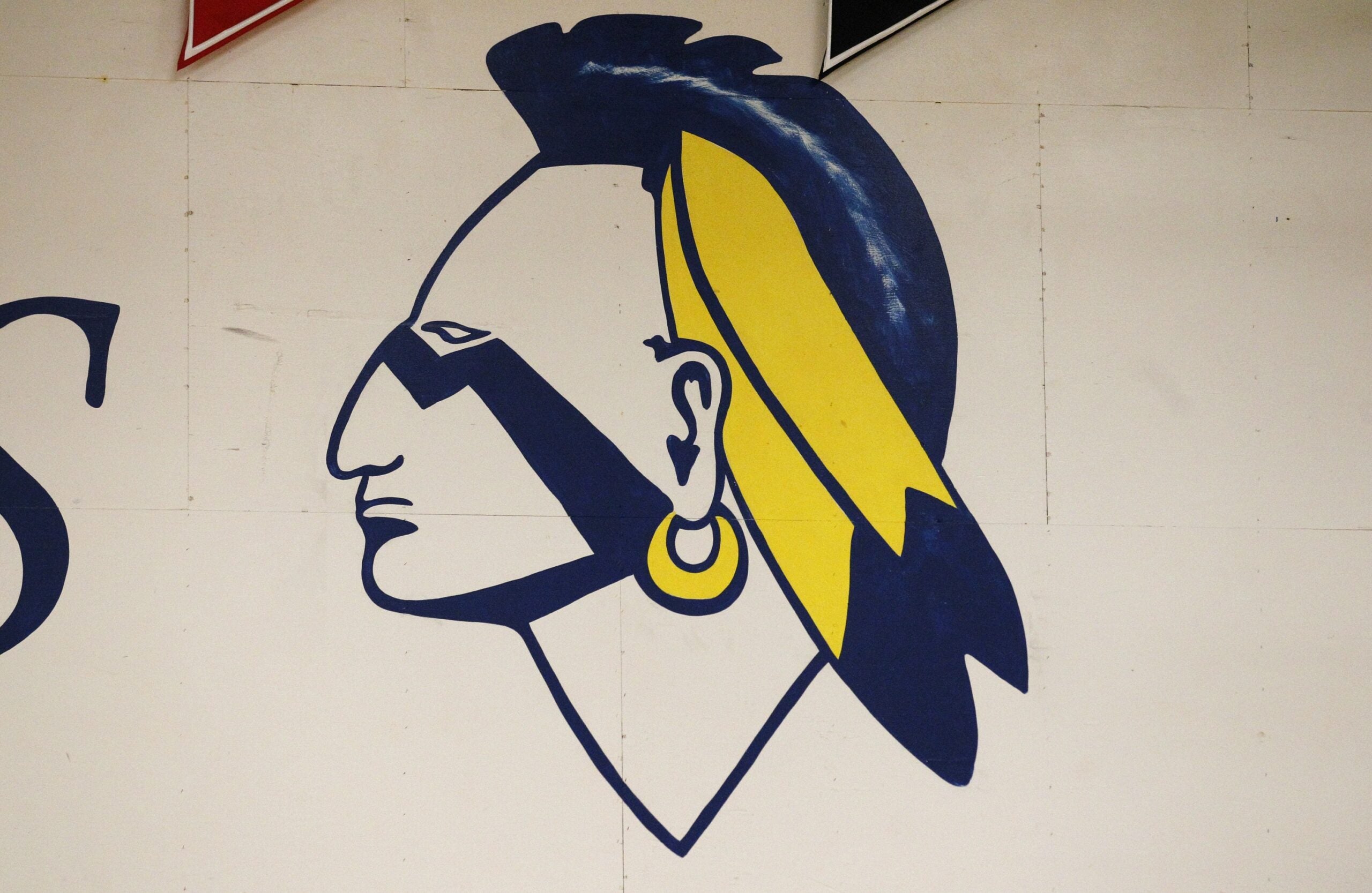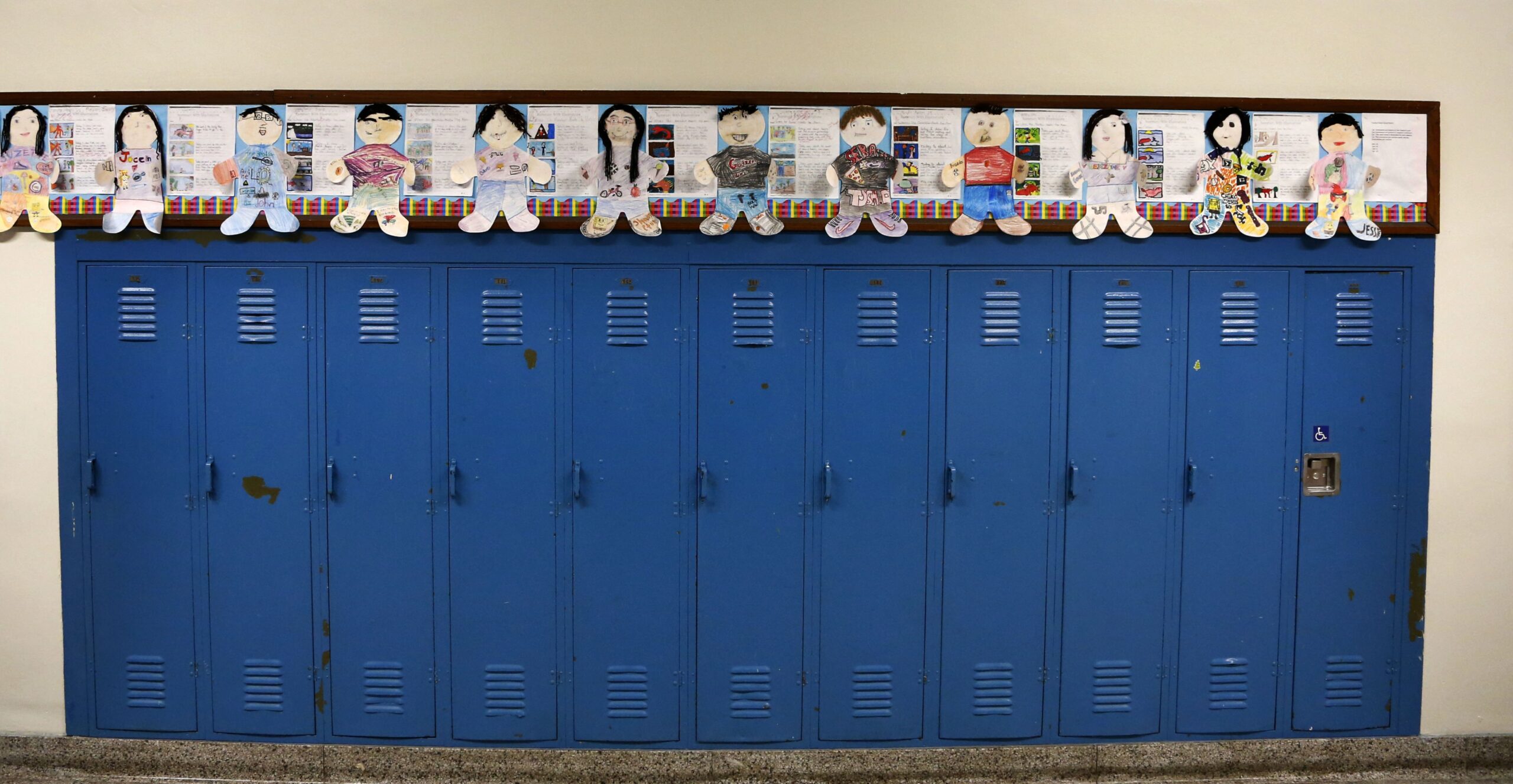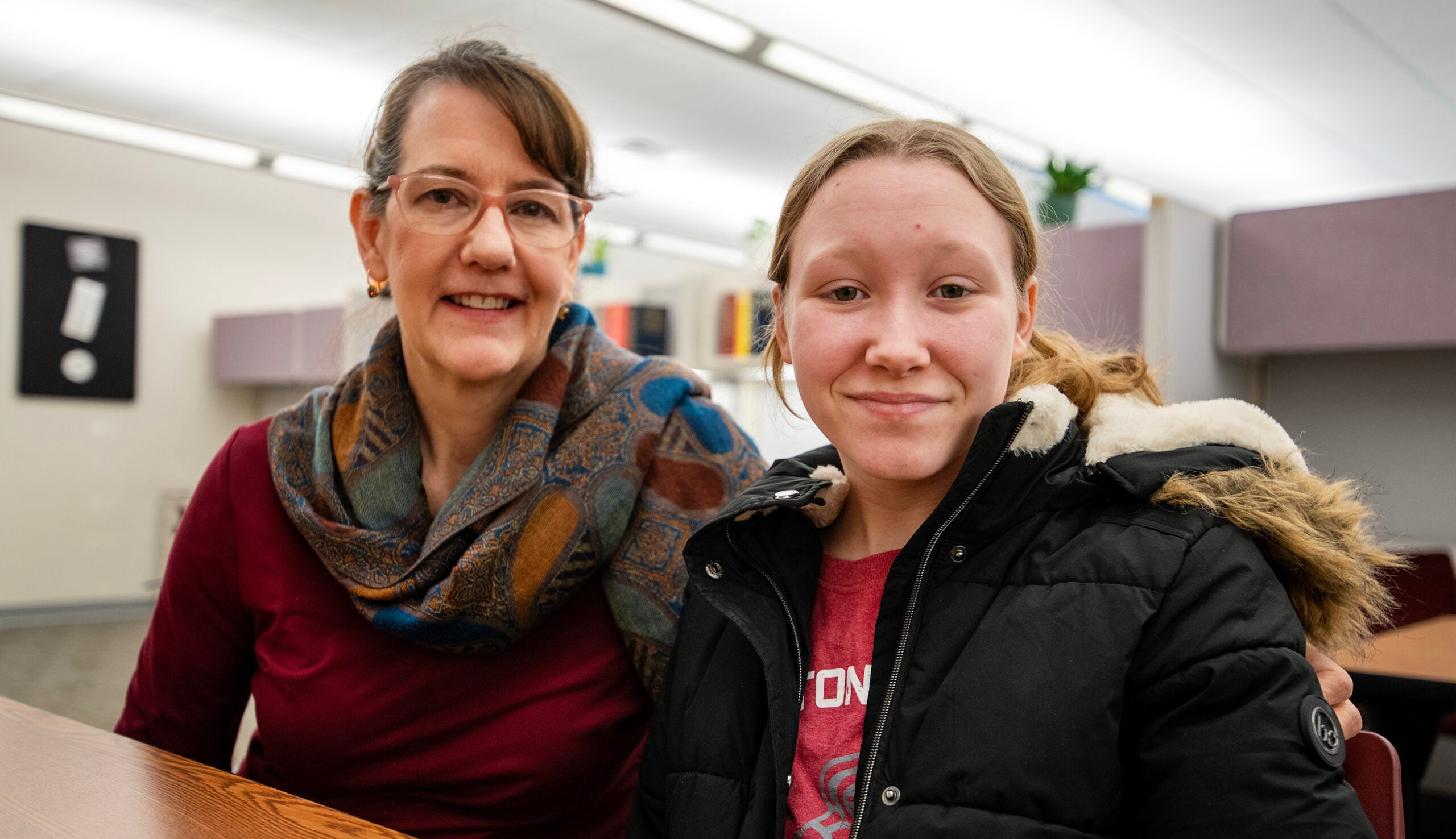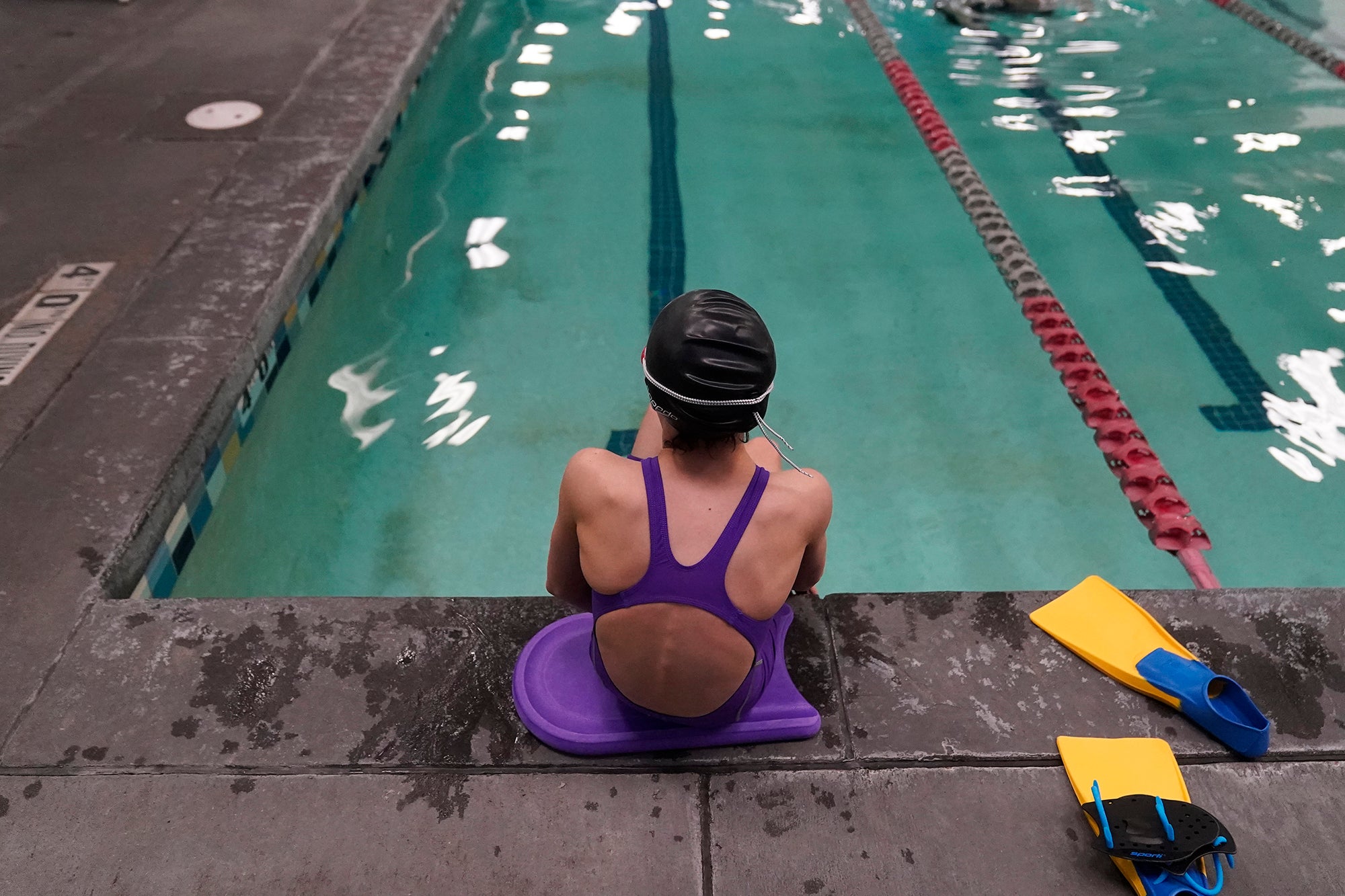The Wausau School Board passed a resolution calling for lawmakers to ban Native American mascots at Wisconsin public schools districts.
The board approved the resolution in a unanimous vote last Monday. It calls for the state to mandate the removal of Native American mascots, symbols, images, logos and nicknames on the basis that their usage impairs the educational experiences of all community members.
Tricia Zunker is the president of the Wausau School Board, a member of the Ho-Chunk Nation and an associate justice on the Ho-Chunk Nation Supreme Court. She said the use of Native Americans as mascots promotes negative stereotypes.
Stay informed on the latest news
Sign up for WPR’s email newsletter.
“They establish unwelcome and hostile learning environments for Native American students,” Zunker said. “They teach students that it’s OK to engage in culturally abusive behavior.”
A student can still come into contact with stereotypes and offensive images even if their school’s mascot isn’t a Native American, Zunker said. Visiting school sports teams wear the logo on their jersey. Students sections with Native American mascots may paint their face red or wear feathers.
The Wisconsin Association of School Boards will look at the proposal in September. If it is approved by the Policy and Resolutions Committee and then at the annual Delegate Assembly meeting in January, the association can lobby legislators about the issue.
The resolution is building popularity. Madison Metropolitan School District, Sun Prairie Area School District and Shorewood School District have already co-signed. Ten more districts are expected to sign as well.
The school board’s resolution is a timely part of the effort to remove Native American nicknames and mascots, Zunker said, which has resurfaced in Wisconsin communities and in the Legislature over the years.
“The time is now,” Zunker said. “In fact, it’s overdue. The time was decades ago, but we can’t undo the past.”
In 2010, a state law allowed a school district resident to file a complaint about a school mascot, name or logo with the state superintendent of public instruction, who then has the power to force the school to make a change. The law was updated by former Gov. Scott Walker’s administration in 2013 to require that 10 percent of a school district’s population must sign a complaint for it to be legitimate.
The American Psychological Association called for immediate retirement of Native American mascots, logos and nicknames back in 2005. A study they conducted found their use causes harm to the social identity development and self-esteem of Native American students.
Barbara Munson is a member of the Oneida Nation and chairwoman of the Indian Mascot and Logo Task Force — part of the Wisconsin Indian Education Association. She said non-Native students are also harmed when they witness derogatory stereotypes.
“To non-Indigenous students, Native American mascots are a gateway to all forms of stereotypes,” Munson said. “Not just the stereotyping of one group, Native Americans, but also to stereotyping all minority populations. It’s the opposite of what we want to do in terms of seeing each other one-on-one in terms of respect.”
Removing Native Americans as mascots is one step in the process of lifting stereotypes, Munson said. Another key element is education.
“What we really need is to teach accurate and authentic information about different groups and about different individuals so that we are not dealing with stereotypes that lead to prejudice,” Munson said.
Wisconsin passed Act 31 in 1989, which required schools to teach about Wisconsin Native American tribes and tribal sovereignty at least three times during a student’s K-12 career. Not all schools obey the law, Zunker said, but she hopes the resolution will spark more compliance.
According to the resolution, about 31 of Wisconsin’s 421 public school districts currently have Native American mascots, symbols, images, logos or nicknames. But this is slowly changing. Since 1991, Munson said she’s seen 35 schools retire Native American mascots.
Correction: This story was edited to clarify that this resolution refers to all public schools, not just high schools.
Wisconsin Public Radio, © Copyright 2025, Board of Regents of the University of Wisconsin System and Wisconsin Educational Communications Board.




